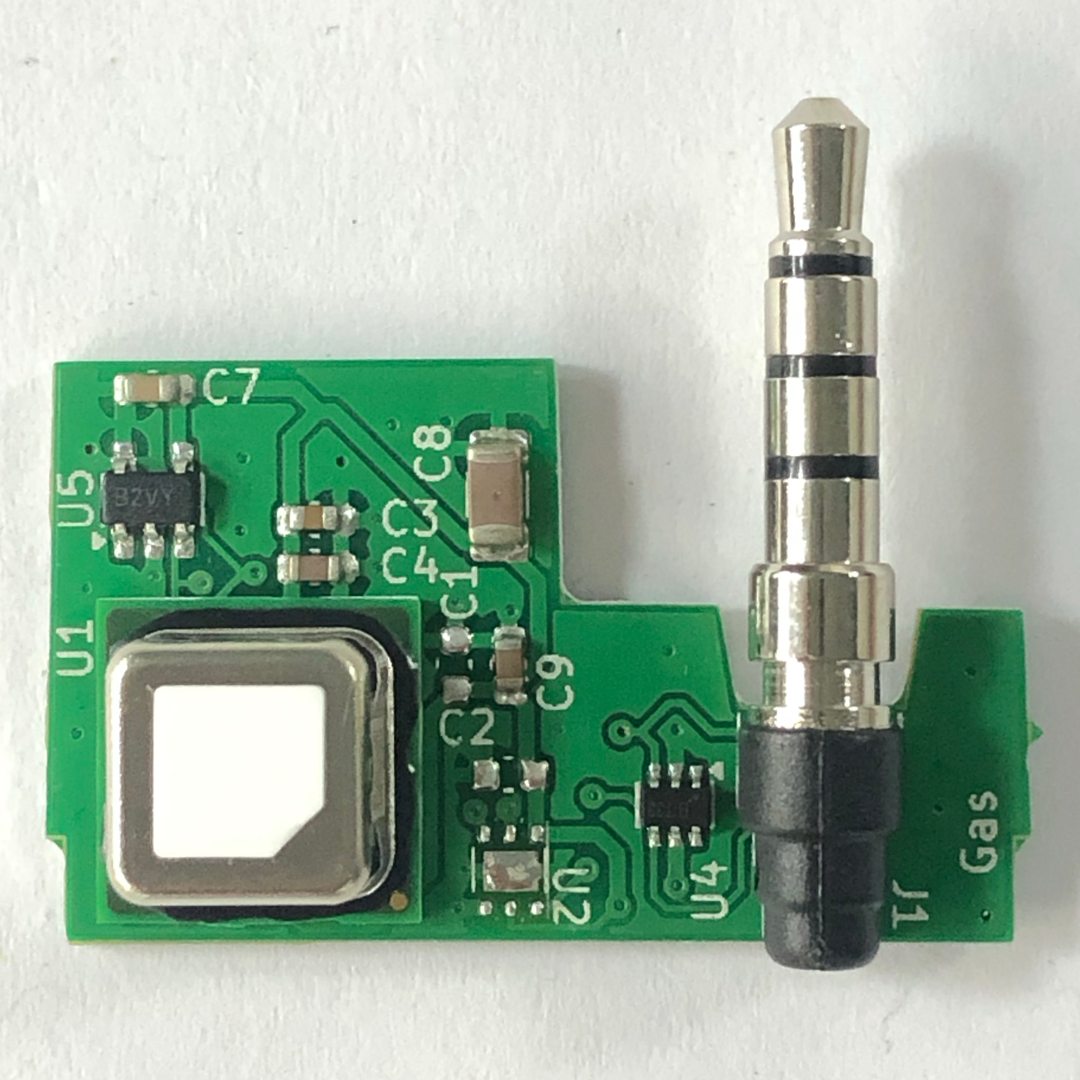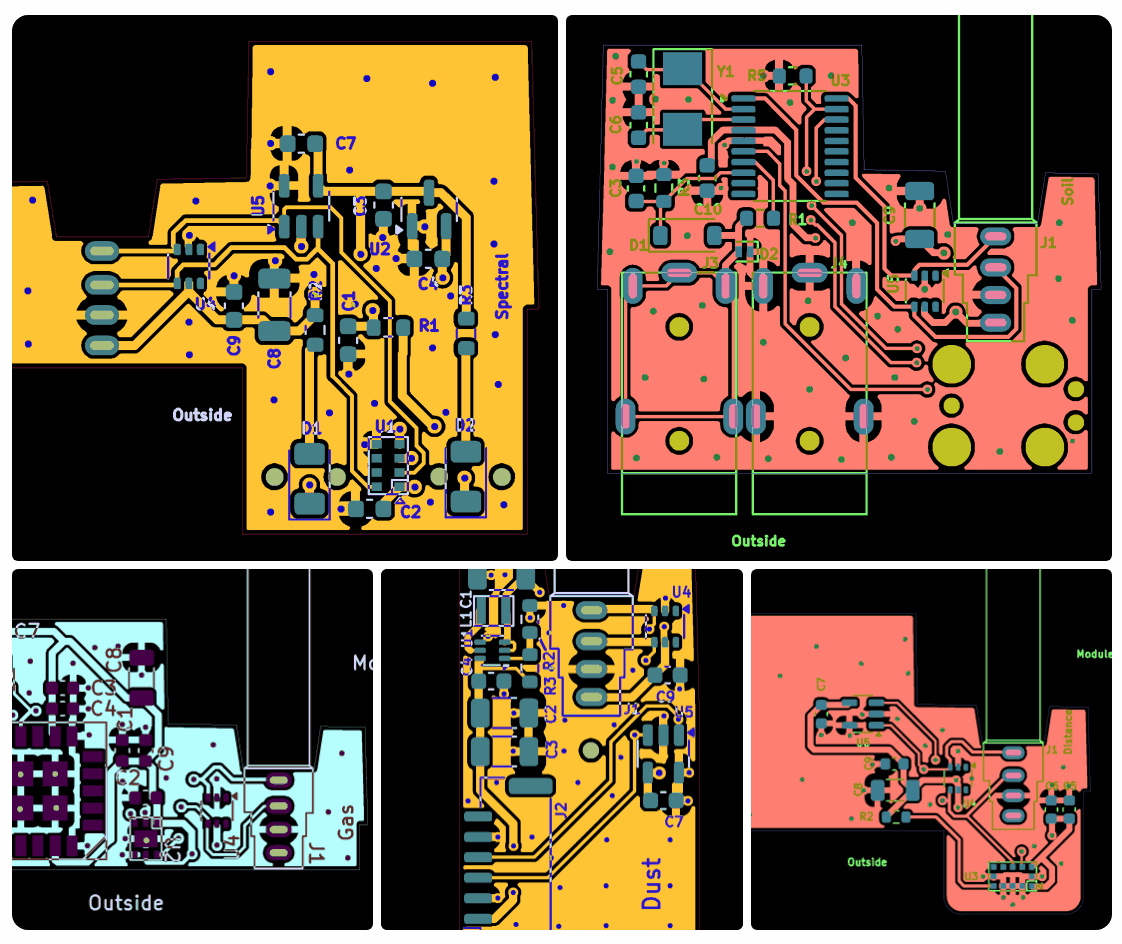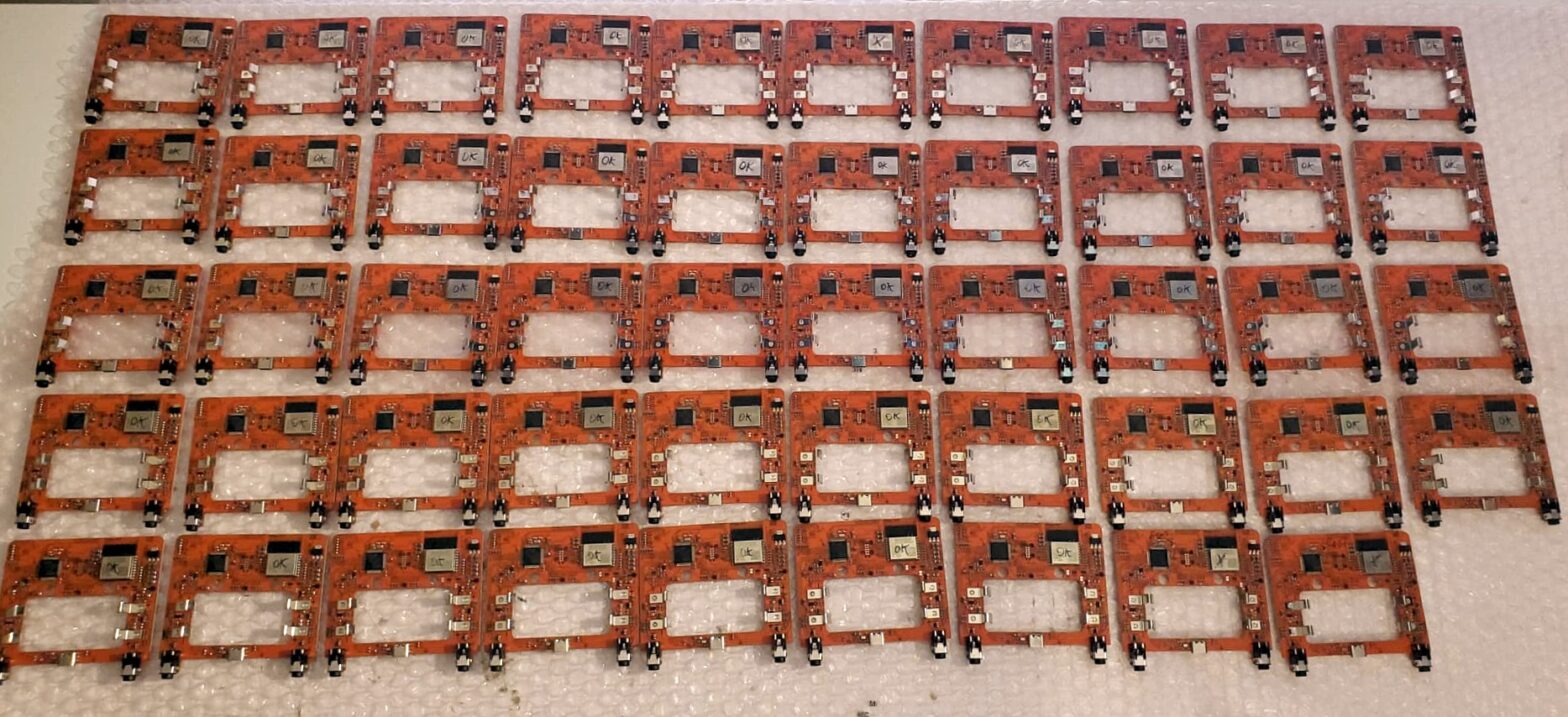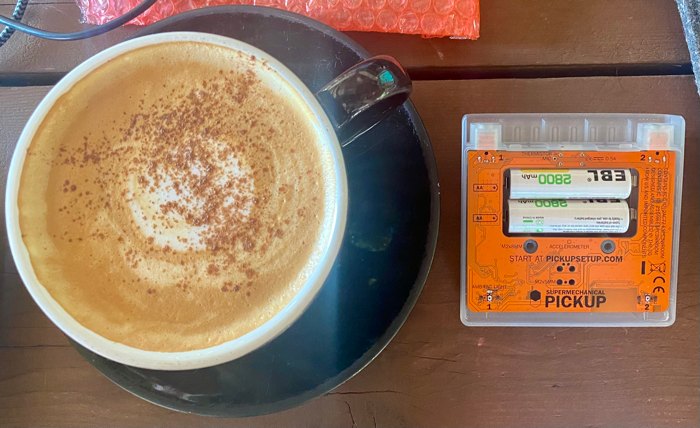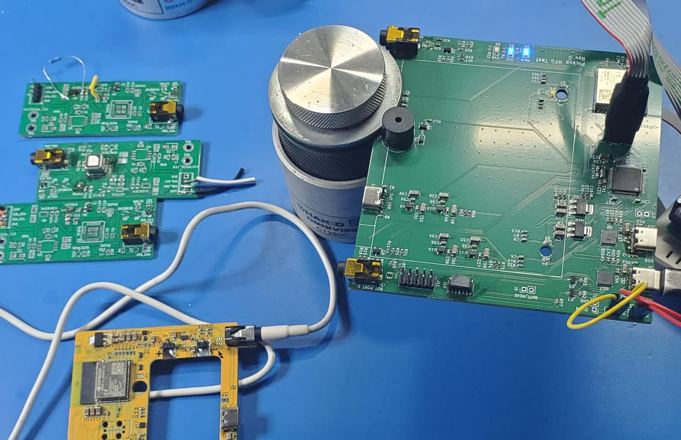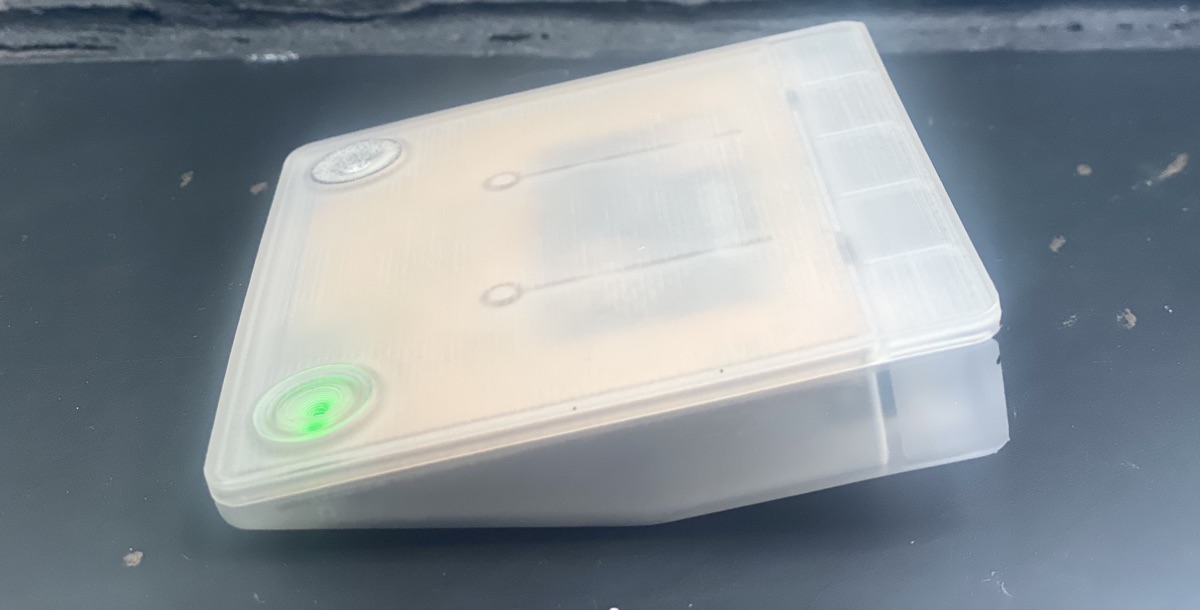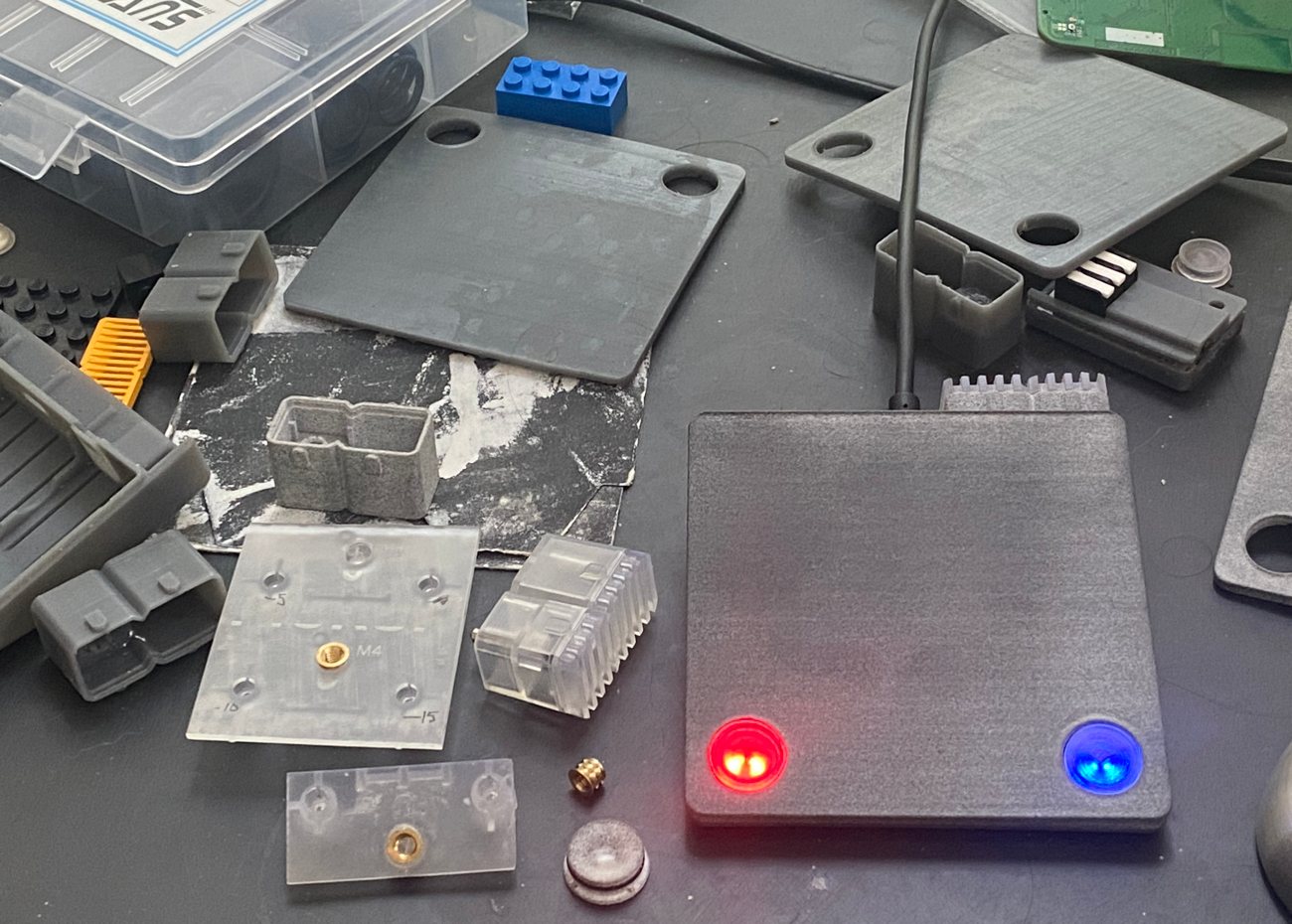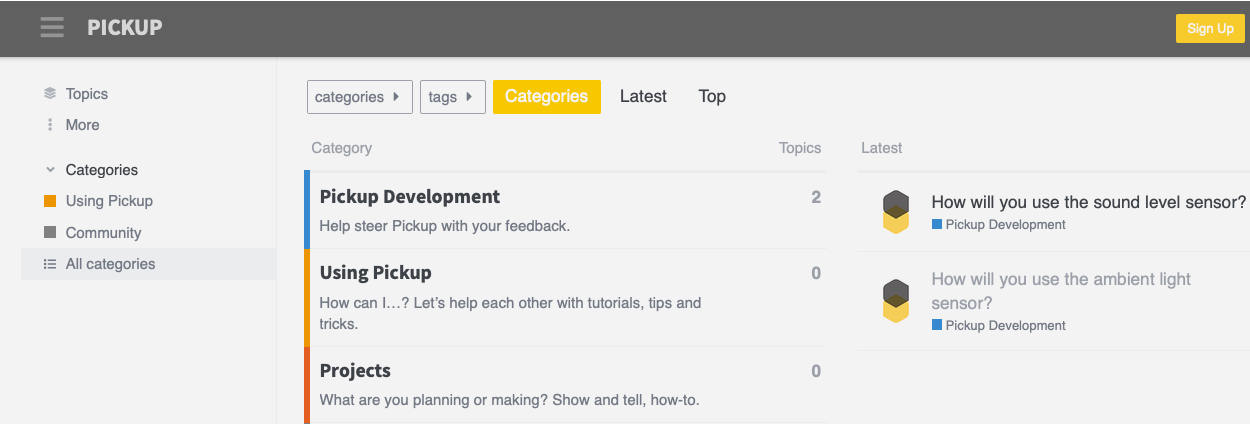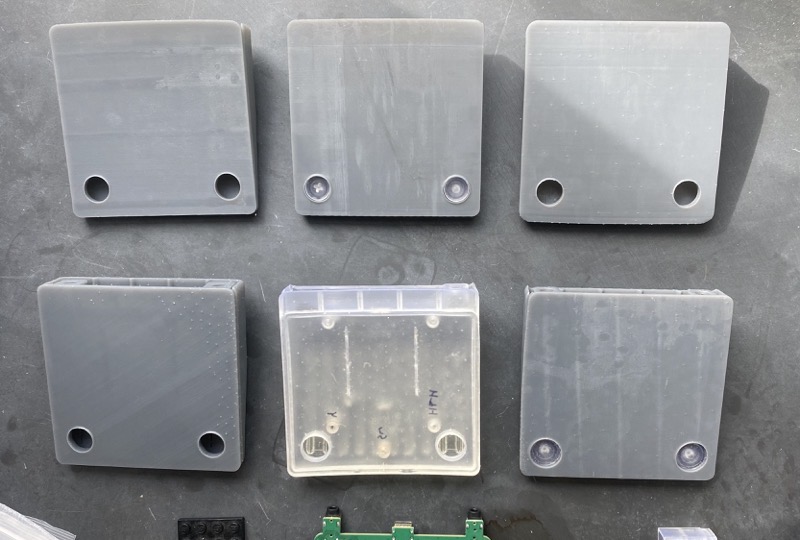Things are moving forward, slow but steady, which is about all you can ask for when sandwiched between Christmas and the Chinese New Year. We finally got a date for the first sample injection molded parts—January 27. Hey, that’s today! We’ll see. Aside from exactly when those injection molded sample parts drop, production is shaping… Continue reading Sensor cartridges getting made, educational science
Author: John Kestner
Your first hardware product is a supply chain
You may have wondered why businesses can be built on importing existing products from overseas and marking it up a lot. Importing is an arcane process! You need to find a reputable source, get and test samples, arrange shipment (if large quantities, it’ll be by boat, which can take a few months) and handle customs… Continue reading Your first hardware product is a supply chain
Boards, bugs, better interface
Hi — after getting shiny new boards last month, this month we’ve been back to grinding on code. I’ll do my best to make this interesting, but no promises. Hardware We got around to testing all of our mainboards from our batch of 50 (Yes, that’s 49 boards above. I have the other one.) 47… Continue reading Boards, bugs, better interface
The production boards are looking autumnal.
We have been boring lately. Though in general, most of the work of manufacturing is just grinding, on the supply chain as well as on our own engineering tasks. That’s one reason I was holding off on an update. The other reason is I was hoping to hit some more milestones to report back. Got mixed news… Continue reading The production boards are looking autumnal.
Testing 1, 2, 1000
The process by which you manufacture a product at scale is itself a product, and that’s why it’s so much harder to make something for lots of people than it is to make one for yourself. The process by which you manufacture a product at scale is itself a product, and that’s why it’s so much harder to make something for lots of people than it is to make one for yourself.The process by which you manufacture a product at scale is itself a product, and that’s why it’s so much harder to make something for lots of people than it is to make one for yourself. (Never mind making it usable and supporting it.) Here’s Jeremy with more on that.
Solid as a rock
The hardware is solid now, and final hardware development is wrapped up. Next, we’re making the tools for production. Read on for what we’ve been up to. Mechanicals The final prototype came out nicely. It feels even better than it looks, as you can infer from Jeremy’s expression when I handed him the assembled final… Continue reading Solid as a rock
A lot of money was spent
We’ve been wading through a bunch of details for the last several weeks, but they’ve now coalesced into things we can describe. We have a lot to talk about. Electronics A few little bugs in that yellow board, some due to hand assembly of parts which will be machine assembled in production. Mostly mechanical placement,… Continue reading A lot of money was spent
Message boards and circuit boards
forum.supermechanical.com The messageboard is up. We want this to be an energizing place where y’all can share ideas and projects, help each other, and influence Pickup’s future development. To start us off, we have a few topics we’d like your input on. You may remember from the last update that Jeremy was working on the range of… Continue reading Message boards and circuit boards
The setback episode
Since the last update, we’ve largely been sweating increasingly smaller details in the same areas as before, but it’s not all been forward motion. In any engineering project, setbacks are expected, and we had a few in the last month—though nothing major. We appreciate the comments to keep quality a priority over speed—it takes some… Continue reading The setback episode
Hardware Lyfe
Hi – we’ve been a little distracted by the holidays and more recently, the terribly cold weather (for Texas and me—some of you are made of sterner stuff). In spite of my preparations, we didn’t have hot water for two days, but it’s thawed now with no damage. This is when I break out the… Continue reading Hardware Lyfe
